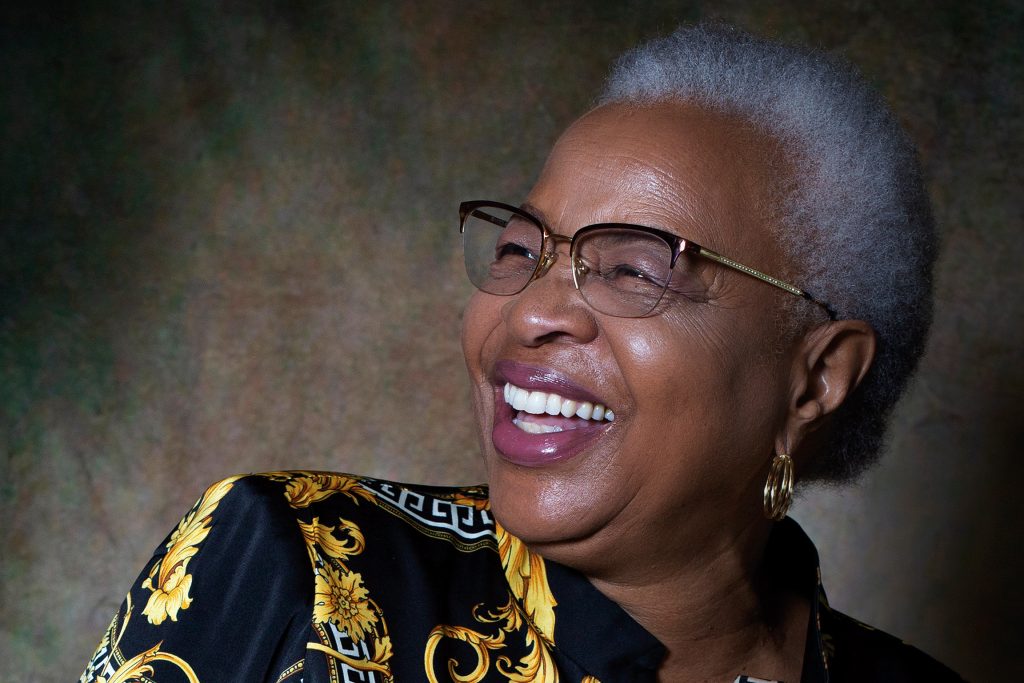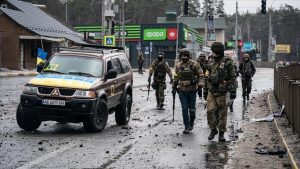The Power of Women in Peace Negotiations: Lessons from Africa and Beyond

In the realm of peace negotiations and conflict resolution, women have historically been sidelined, their voices marginalized, and their contributions undervalued. Yet, empirical evidence from Africa and beyond demonstrates that women play a crucial role in negotiating successful peace agreements and fostering sustainable peace.
One need only look at the remarkable achievements of women such as the Rojava women in Syria and the women of Liberia to understand the transformative power of female leadership in peace building efforts. In Rojava, amidst the chaos of conflict, women took up arms to defend their province and ultimately played a pivotal role in liberating it from the grip of oppression. Their courage, resilience, and determination serve as a powerful reminder of the indispensable role women can play in bringing about positive change in conflict-affected regions.
Similarly, in Liberia, women took matters into their own hands to end the devastating civil war that ravaged their country. Led by the formidable Leymah Gbowee, these women mobilized across religious and ethnic divides, staging sit-ins, protests, and peace marches that captured the attention of the world. Their collective action culminated in the signing of the Comprehensive Peace Agreement in 2003, paving the way for stability and reconciliation in Liberia.
Despite these undeniable successes, women continue to be underrepresented and excluded from formal peace negotiations and decision-making processes in Africa. This persistent marginalization is not only unjust but also counterproductive, as it overlooks the unique perspectives, experiences, and insights that women bring to the table.
Research has shown that women’s inclusion in peace processes leads to more comprehensive and sustainable agreements. A study by the International Peace Institute found that peace agreements are 35% more likely to last at least 15 years when women are involved in their negotiation. Furthermore, women’s participation in peace building efforts contributes to greater social cohesion, economic development, and gender equality in post-conflict societies.
So why do organizations and countries continue to ignore the invaluable contributions of women to peace negotiations in Africa?
One reason is the prevailing gender bias and entrenched patriarchal norms that pervade political and institutional structures. Women are often viewed as passive victims rather than active agents of change, perpetuating the myth that they lack the necessary expertise or authority to participate in high-stakes negotiations.
Moreover, there is a persistent lack of political will and commitment to gender equality among key stakeholders, including governments, international organizations, and armed groups. Despite numerous resolutions and commitments calling for women’s meaningful participation in peace processes, implementation remains weak and progress slow.
Logistical and practical barriers such as limited access to resources, training, and networks further impede women’s participation in peace negotiations. Discriminatory cultural practices and security concerns also pose significant challenges, making it difficult for women to assert their rights and make their voices heard.
However, the tide is slowly turning, and momentum is building for greater women’s inclusion in peace processes across Africa. Initiatives such as the African Union’s FemWise-Africa Network, which seeks to enhance the role of women in conflict prevention and resolution, are gaining traction and visibility.
It is imperative that we harness the untapped potential of women as catalysts for peace and security in Africa. By ensuring their full and equal participation in peace negotiations and decision-making processes, we can build more resilient, inclusive, and peaceful societies for future generations.
In conclusion, the evidence is clear: women are not just victims of conflict; they are powerful agents of change and peacemakers in their own right. It is time to recognize, amplify, and celebrate their contributions to peace and security in Africa and beyond. The time for gender equality in peace processes is now.
References:
International Peace Institute. (2019). Women’s Participation in Peace Negotiations and Peacebuilding: Key Trends and Challenges. Retrieved from https://www.ipinst.org/2019/10/womens-participation-in-peace-negotiations-and-peacebuilding-key-trends-and-challenges
UN Women. (2020). Women, Peace, and Security. Retrieved from https://www.unwomen.org/en/what-we-do/peace-and-security/facts-and-figures



